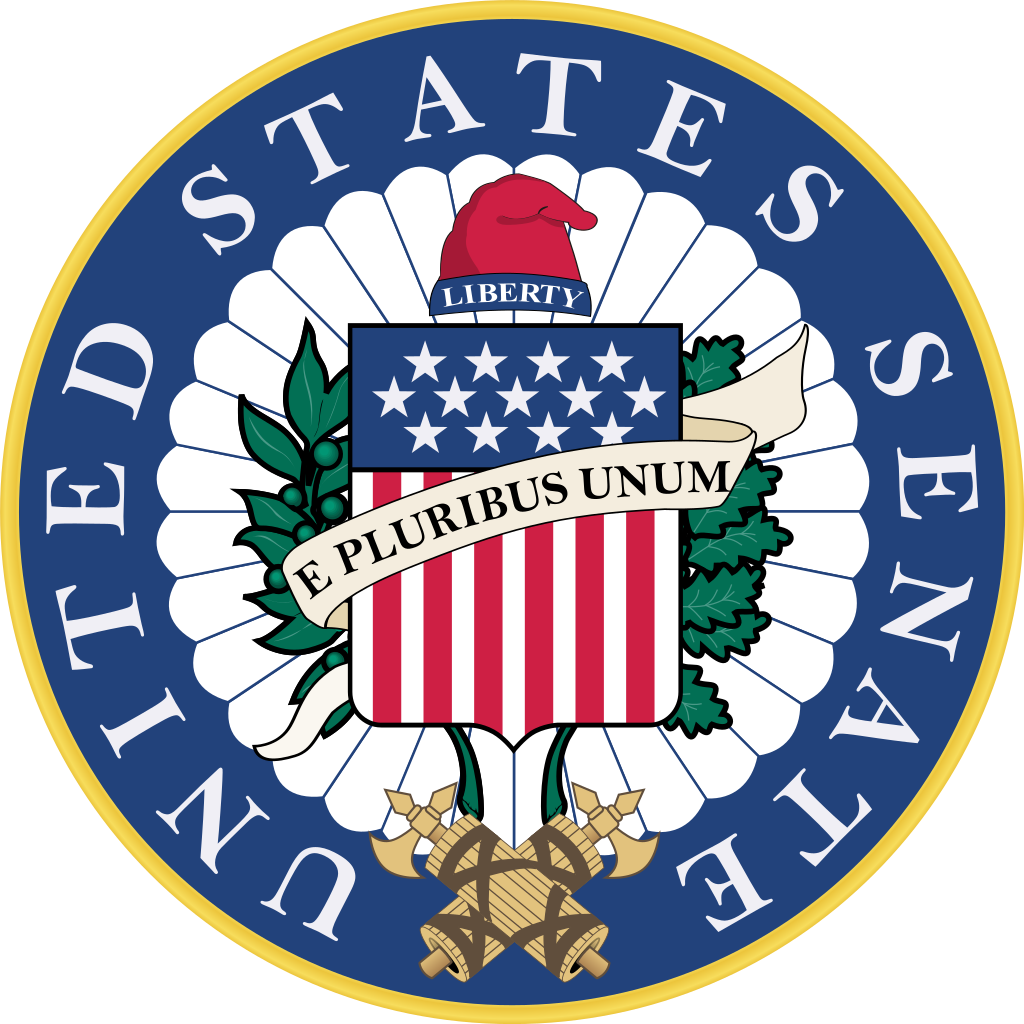Federal commission on biotechnology releases its initial report Friday

WASHINGTON, D.C.– The U.S. National Security Commission on Emerging Biotechnology issued its first report since its creation through the National Defense Authorization Act of FY2022.
The bipartisan commission, headed by California's Senator Alex Padilla, issued the initial report as part of its ongoing efforts to provide expertise and oversight for the growing biotechnology sector.
“California is the birthplace of the U.S. biotechnology industry and has long led the way in biotech research, patents, and innovation that saves lives, stimulates our economy, and creates good-paying jobs,” said Senator Padilla. “At this crucial moment in the future of biotechnology, our commission will continue to examine opportunities to ensure this sector advances vital American priorities such as managing global diseases, improving agricultural sustainability and food security, and protecting our national security.”
Since its first official meeting in April of 2023, the legislative commission has convened every four to six weeks to gather information from subject matter experts and shape its research plans detail the Commission's report.
This initial report discusses the findings by the Commission so far and lays the groundwork for comprehensive policy recommendations expected later this year explains the Executive Summary of the Commission's report.
“Recent advances in biotechnology are unlocking the ability to program biology just as we program computers. Emerging biotechnologies could enable the world to improve human and planetary health, secure food and energy production, ensure supply chain resiliency, and grow the economy at a massive scale. Biotechnology has the potential to bolster economic development in every community. If we capitalize on this unique opportunity, we can make this century the age of biology,” states the Commission's report. “A thriving biotechnology industry will enhance U.S. national security, strengthen and diversify the U.S. economy, and bolster a growing workforce. The Commission’s recommendations, when implemented, will ensure that the United States continues to lead the world in biotechnology development and deployment.”
According to the report, the Commission has already engaged with 60 government entities, 22 think tanks and federally funded research groups, 174 companies and industry associations, 33 colleges and universities, and 51 international organizations.

The introduction of the report details that in 1978, a small American company called Genentech produced synthetic human insulin, one of the world's most widely used medications and the beginning of the biotechnology sector.
“Emerging biotechnology has already solved myriad challenges in human and planetary health. Working in national security for a decade, I’ve seen how biotechnology can also solve problems for our warfighters and enhance our military supply chain security. We are entering an Age of Biology in which U.S. leaders must embrace this potential and protect against potential misuse,” explained the Commission's Vice Chair Dr. Michelle Rozo.

The Commission has already had an impact on legislation.
When Congress initiated the reauthorization of the U.S. Farm Bill last year, the Commission recommended the three following bills:
- The Agriculture and National Security Act: Creates a senior advisor for national security to coordinate efforts amongst national security entities and the U.S. Department of Agriculture
- The Biotechnology Oversight Coordination Act: Creates an interagency coordination committee to oversee biotechnology regulation through the Office of Science and Technology Policy and the Office of Management and Budget
- The Agriculture Biotechnology Coordination Act: Creates the Office of Biotechnology Policy within the U.S. Department of Agriculture responsible for serving as a point of contact for all biotechnology developers, academics, agricultural producers, and other entities impacted by state, federal, and international biotechnology regulations
Below is a table of some prominent examples of diplomatic agreements and partnerships that include biotechnology cited in the Commission's report.

Biotechnology investments are also not new to the United States Federal Government. Below are some prominent investments and changes the federal government has already pursued.

The report concludes with the following statement,"The Commission recognizes its unique platform as a legislative entity with the authority to not only gather and analyze information but also to produce substantive policy reports and recommendations. For the remainder of our authorization, we intend to drive the U.S. Government towards policies and practices that best leverage American biotechnology and biomanufacturing to bolster our national security."
The U.S. National Security Commission on Emerging Biotechnology includes Chairman Senator Alex Padilla (D-California), Chairman Dr. Jason Kelly, Vice Chair Dr. Michelle Rozo, and Commissioners Senator Todd Young (R-Indiana), Representative Stephanie Bice (R-Oklahoma District 5), Representative Ro Khanna (D-California District 17), Paul Arcangeli, Dr. Angela Belcher, Dawn Meyerriecks, Dr. Eric Schmidt, Dr. Alexander Titus, and Dr. Dov Zakheim.
You can check out more information from the Commission or contact them here or via email at ideas@biotech.senate.gov.
